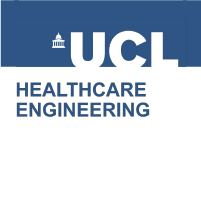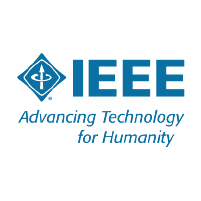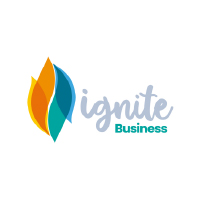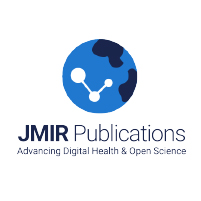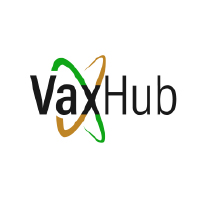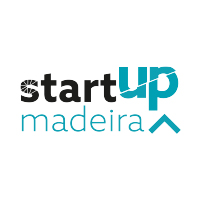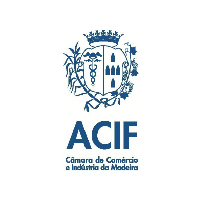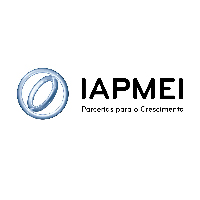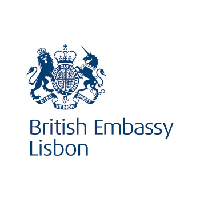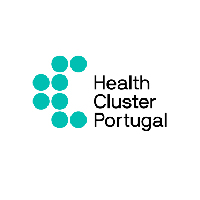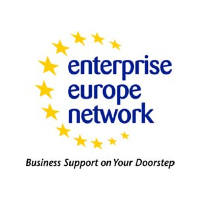
This project has been shortlisted for the DPH 2025 Innovation Prize – Best Data Driven Innovation
Team: Felix Kangwa (Nicetyfarm Technologies Limited)
Outline: In an era where data is redefining healthcare delivery, OptiScan emerges as a pioneering, data-driven health technology designed to revolutionize diabetes monitoring and ocular health management, particularly in low-resource settings. Developed by Nicetyfarm Technologies Limited, OptiScan harnesses the power of artificial intelligence (AI), computer vision, and biometric data to provide a non-invasive, smartphone-based solution for estimating blood glucose levels and detecting early signs of diabetes-related eye damage.
At its core, OptiScan utilizes iris image analysis captured via a smartphone camera. These images are processed using AI models trained on a robust dataset comprising iris patterns, glucose levels, and other biometric indicators. The system extracts and interprets subtle physiological markers within the eye, offering a safe, blood-free alternative to traditional glucometers. Additionally, the technology includes an intelligent feedback system that alerts users to potential risks and recommends preventive measures or clinical visits, enhancing both personal and clinical decision-making.
OptiScan is also complemented by a wearable biosensor sticker, worn for 24 hours, that collects physiological data such as skin temperature, sweat biomarkers, and movement. This continuous data stream enriches the algorithm’s accuracy by providing contextual insights that support the image-based glucose estimations. All collected data is encrypted and stored securely in a cloud-based platform, where machine learning algorithms process, refine, and personalize glucose predictions for each user.
Beyond individual diagnostics, OptiScan serves as a public health intelligence tool. By aggregating anonymized user data, the system can map patterns of diabetes prevalence, complications, and health behavior across regions. These insights can be shared with health ministries, researchers, and policy makers to support more effective diabetes interventions and resource allocation, especially in underdiagnosed communities.
What sets OptiScan apart is its alignment with equity, accessibility, and precision. In many low- and middle-income countries, diabetes remains underdiagnosed due to limited access to diagnostic tools and trained personnel. OptiScan requires only a smartphone and internet access, enabling broader reach across underserved areas. The intuitive interface also supports multiple local languages, making the platform youth- and elder-friendly.
As a data-driven innovation, OptiScan exemplifies the integration of digital health with real-time analytics to support preventive care. It transforms static health checkups into dynamic, ongoing wellness monitoring, where users are empowered with timely, personalized insights. The tool also opens pathways for telemedicine integration, where data can be shared with healthcare providers remotely for virtual consultations.
OptiScan has already received national recognition, including a Presidential Innovation Award in Zambia, and has been featured in leading digital health showcases. As it advances, future developments aim to integrate blockchain for enhanced data security, expand data sets through global partnerships, and enhance diagnostic capabilities to screen for other non-communicable diseases using similar data-driven models.
In conclusion, OptiScan demonstrates how intelligent, data-centric design can bridge critical gaps in healthcare by turning everyday devices into powerful diagnostic tools. It is not just an innovation – it is a scalable, inclusive health solution with the potential to shift the paradigm of chronic disease management across Africa and beyond.

